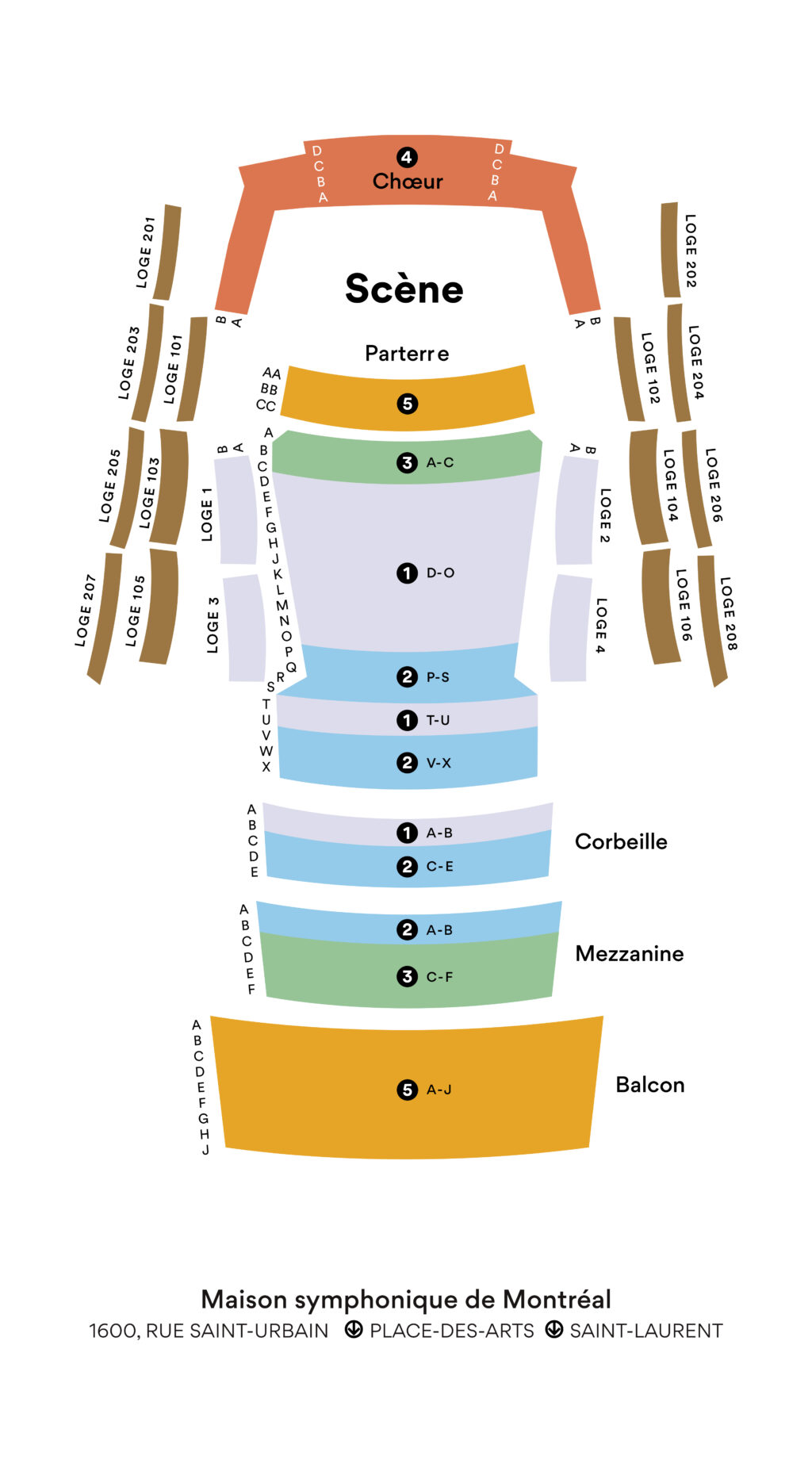The Moldau
Bedřich Smetana
1824-1884
Considered the father of Czech music, Bedřich Smetana was born in Litomyšl, Bohemia. This region, which largely corresponds to the present-day Czech Republic, had been under the rule of the Austro-Hungarian Empire since the 16th century. It’s no surprise that the young composer, like many of his contemporaries, was strongly influenced by German music, particularly Schumann, Liszt and Wagner, whom he greatly admired. Nevertheless, Smetana was deeply affected by the nationalist movements sweeping through his country. He was the first composer to incorporate elements of Czech folklore into his music and even to use the Czech language in his historically themed lyrical works. He composed a total of eight operas, including The Brandenburgers in Bohemia and The Bartered Bride, his most well known. In addition to piano pieces and chamber music, Smetana is best known for his symphonic poems with patriotic themes, particularly Má Vlast (My Fatherland), a set of six symphonic poems celebrating the founding myths of his native Bohemia.
The most famous piece in this cycle, “The Moldau” (“Vltava” in Czech), is inspired by the flow of its eponymous river, a major tributary of the Elbe. Composed in just three weeks in 1874, it premiered on April 4, 1875. The various sections of the piece successively depict the river’s sources (illustrated by the orchestral accompaniment that introduces the famous theme), the forests and landscapes along its shores, a peasant wedding, the dance of mermaids in the moonlight, the ruins of ancient castles, the rapids, and finally, its majestic arrival in Prague at the Vyšehrad fortress.
© François Zeitouni, 2025
Translation: Laura Schultz
